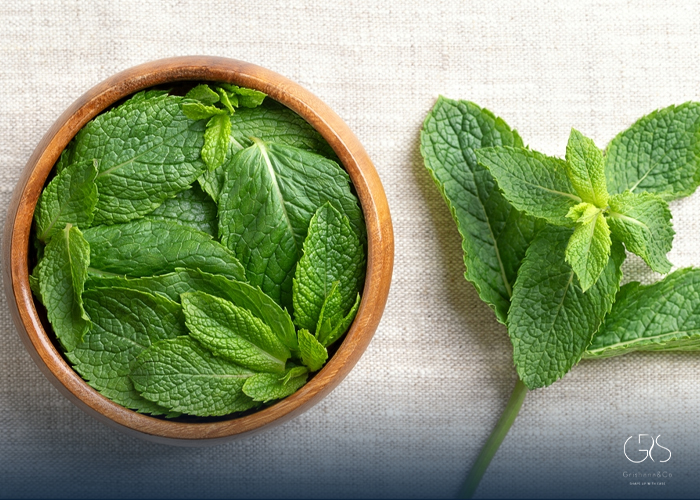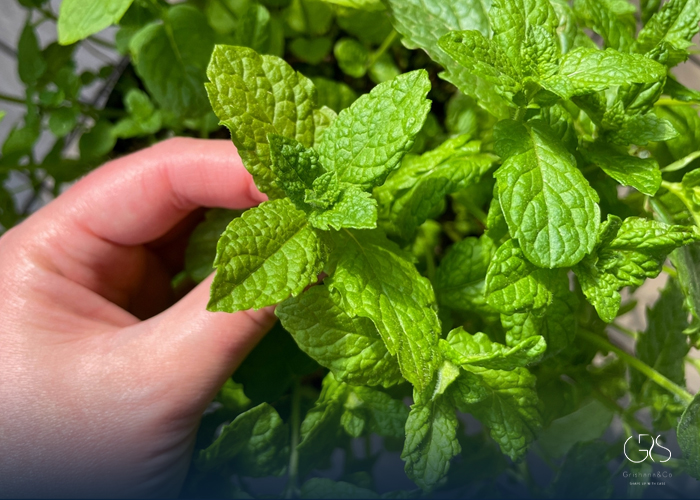Mint, also known as Mentha, is an aromatic herb famous for its refreshing taste and unique aroma. It is highly versatile and can be found in a variety of dishes, teas, and medicinal products. The herb is native to Europe and Asia, and it is now widely grown around the world. Mint is a vital part of traditional medicine systems in different cultures. It is rich in nutrients and bioactive compounds, which make it an excellent herb for promoting health and wellbeing. This article discusses the various health benefits of mint backed up by relevant statistics.
Relieves Indigestion
Mint is well-known for its ability to relieve indigestion and soothe upset stomachs. Research studies have shown that the herb has potent anti-spasmodic properties that help to relax the digestive tract muscles and reduce cramping and bloating. According to a study published in the Journal of Gastroenterology and Hepatology, peppermint oil, derived from mint, is highly effective in treating irritable bowel syndrome (IBS) with symptoms like bloating, gas, and diarrhea. Participants in the study showed significant improvements in quality of life measures compared to those who received a placebo.
Freshens Breath
Another benefit of mint is refreshing breath. The herb contains essential oils that can clear up odorous bacteria in the mouth. Mint-infused mouthwash or chewing gum can freshen the breath and prevent dental diseases such as gingivitis and halitosis. According to a report published in the International Journal of Dental Hygiene, it was concluded that the use of mouthwash containing essential oils of mint, thyme, and eucalyptus has a high antimicrobial effect and can significantly decrease bad breath within a week of use.

Boosts Brain Function
Mint enhances brain function and mood. The scent of mint is known to be invigorating, refreshing, and uplifting. It can help to boost energy, improve focus, and increase mental alertness. Moreover, the herb has been found to have memory-enhancing properties. According to a literature review published in Frontiers in Aging Neuroscience, Peppermint aroma was found to have positive effects on cognitive performance, mood, and alertness in adults and children. It has, therefore, potential as an aromatherapy agent in the treatment of dementia and mood disorders.
Regulates Blood Sugar
Mint has a hypoglycemic effect and may help control blood sugar levels. According to a study conducted by the Nutrition and Metabolism journal, mint tea consumed twice a day significantly reduced the glucose levels of participants. The study noted the significant decrease in glucose levels particularly in patients with type 2 diabetes. This result highlights the potential of mint in the management of diabetes.

Supports Immune System
Mint is packed with antioxidants and anti-inflammatory properties that can help support the immune system. The bioactive compounds in mint have been found to exert antibacterial, antifungal, and antiviral effects. According to research conducted by the Journal of Food Science and Technology, mint leaves extract showed significant antimicrobial activity and can help fight against different types of bacteria. Mint can also help to strengthen the body’s natural defense system and protect against various infections.

Relieves Respiratory Problems
Mint can help relieve respiratory problems such as asthma and coughing. The essential oils in the herb have decongestant, expectorant, and anti-inflammatory properties that can help to clear the respiratory tract and relieve symptoms of respiratory issues. According to a study conducted at the National University in South Korea, the essential oil derived from mint has potential use as an agent for treating respiratory tract infections.
Conclusion
Mint is a versatile herb with numerous health benefits ranging from digestive aid, freshening breath, brain function, regulate blood sugar, immune system booster, to relief of respiratory conditions. Its extensive use in traditional medicine and scientific research confirms both its safety and efficacy. Incorporating it into daily diet or using it in essential oil form has potential health benefits for all.
Sources
- Journal of Gastroenterology and Hepatology, Efficacy and Safety of Peppermint Oil in a Randomized, Double-Blind Trial of Patients With Irritable Bowel Syndrome
- National Library of Medicine, Opportunities for Health Promotion: Highlighting Herbs and Spices to Improve Immune Support and Well-being
- Nutrition and Metabolism Journal, Exploring the ancient roots and modern global brews of tea and herbal beverages: A comprehensive review of origins, types, health benefits, market dynamics, and future trends










